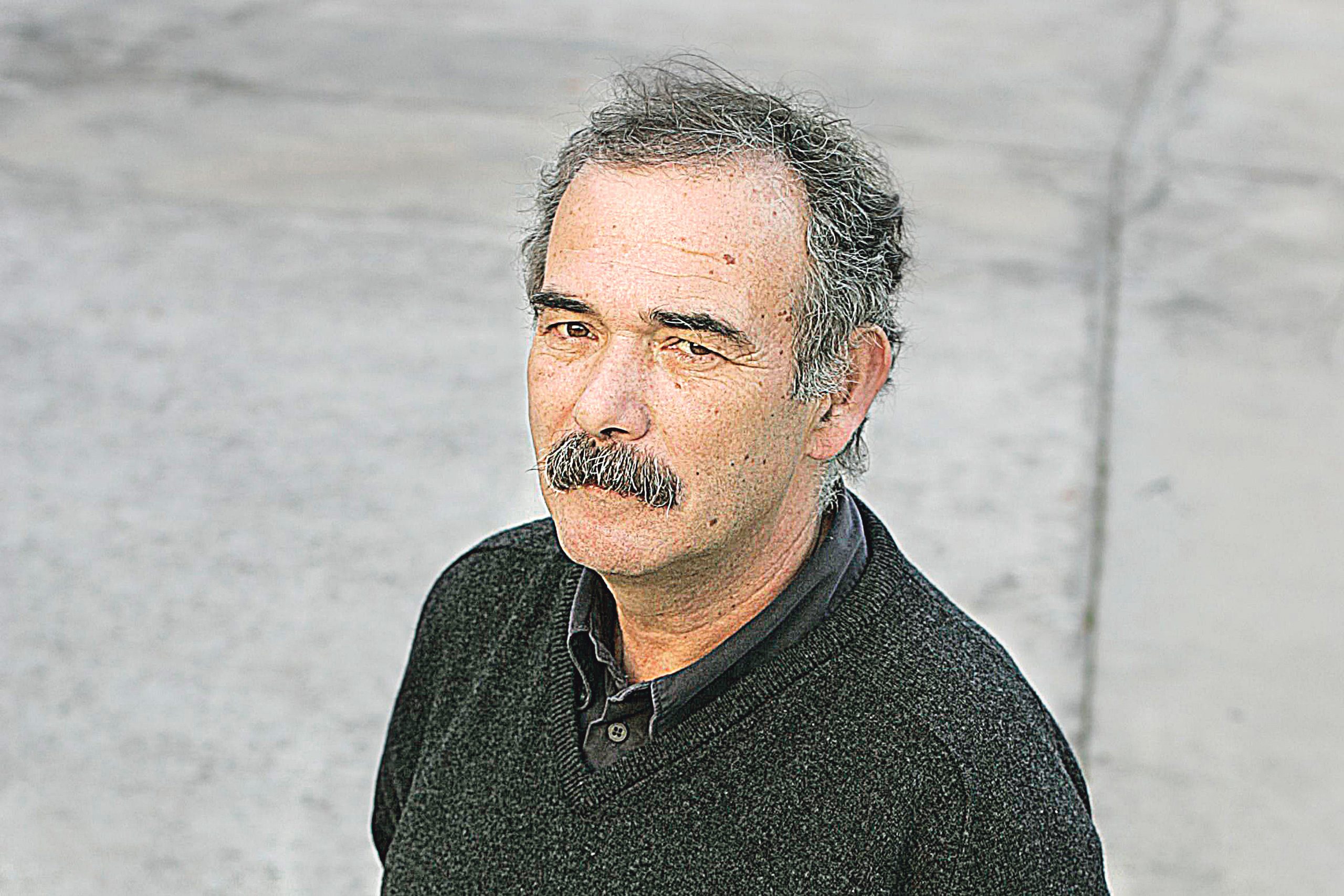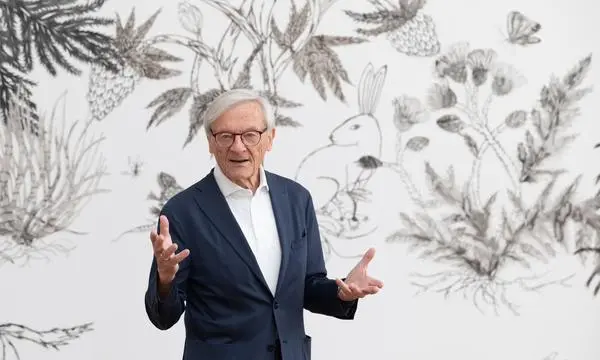Francisco Guedes. The editor and festivals promoter

In times books lived more than men, were the chrysalis in which the life of the Spirit sought an opportunity to extend and extend its effect of transmission of certain ideas, values, fictions. But with the massification of the book, and the loss of its central role in the socialization of culture, this object tended to become a kind of floating wreckage, a sign of a wreck, multiplying over the waters, a kind of aforementioned time, as the vacancies of a decisive mutation in the way we read or interpret the world, no longer capable of the dense of abstractions and compositions. Theoretical, but increasingly subject to the empire of images. Francisco Guedes was a being who felt broken by time, not properly resigned, but someone who mourned the erosion of linguistic and literary skills, someone who was always linked to the life of books, whether as a reader or promoter, cultural programmer or translator, editor or author of several books linked to gastronomy. At so many yielded to this kind of empty submission that produces a fantasy around the book, defending reading in abstract, and aligning with this recurring guidance in the sense that the important thing is to read, no matter what, and that often does not properly distinguish from a command to reinforce the business of cultural industries.
Born in Matosinhos, District of Porto, in July 1949, son of actor João Guedes, brother of actress Paula Guedes, his name will be forever linked to the oldest Portuguese literary festival, the current D’Writes, a project he presented in 1999 to Póvoa de Varzim City Hall, and that from the following year he began to organize and drive. He was also at the origin of other literary festivals in the north of the country, such as Lev – travel literature, which had its first edition in 2006 in Matosinhos and Flid – Douro Literary Festival in Sabrosa. Thus, the loss of influence of the book was being compensated for the proliferation of these events promoted to defend the book and reading, making these central elements of a panacea, which became increasingly converted into a form of empty advertising of criterion, acryptic and degrading to literary culture.








